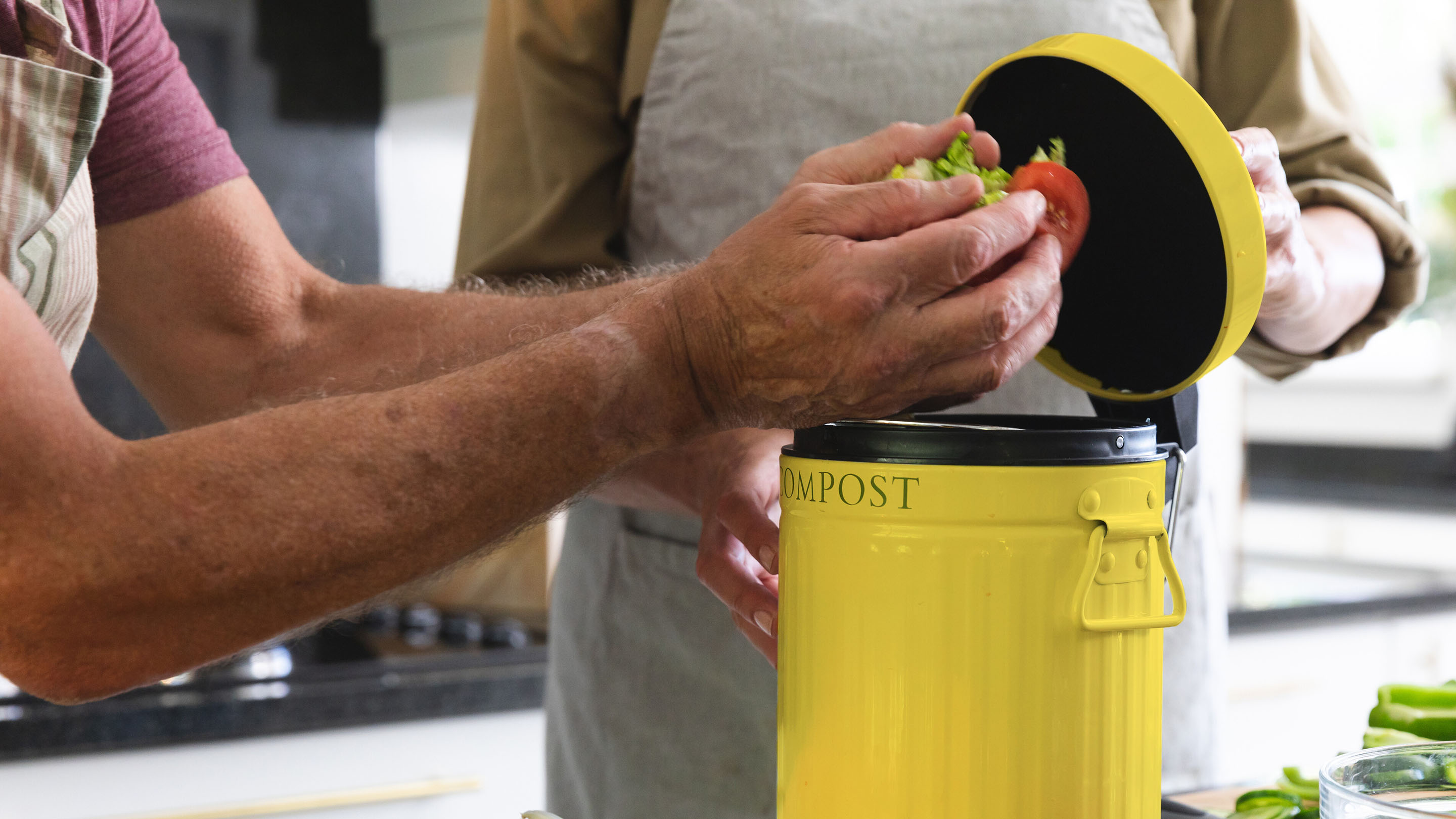More Motorists Choose Recycled Car Parts
Aviva PLC

According to research by Aviva, nearly 58% of drivers would consider using recycled car parts when their vehicles need repairs, and nearly 47% of them are now more likely to use recycled parts than they were five years ago.
Aviva's research reveals that among the surveyed age groups, individuals aged 17-24 are the most receptive to using recycled parts, with 72% expressing a willingness to do so. Conversely, those aged 55 and above are the least likely to opt for recycled components, with only 45% showing interest.
The top five reasons for considering recycled car parts are cost-effectiveness (57%), environmental sustainability (35%), the need to remain mobile (28%), past positive experiences (26%), and confidence in their safety (25%).
Convenience also plays a significant role, as 23% of respondents prefer using recycled parts due to their quick availability, as opposed to waiting for new replacements. Some resourceful individuals have even turned to online sources to find recycled parts.
Approximately 24% of respondents have sought recycled parts online, followed by 18% using online auction sites and 12% exploring social media. This shift towards online platforms is largely driven by younger demographics who are more inclined to embrace recycled car parts.
While 58% of respondents express a willingness to use recycled parts, a substantial 73% of car owners expect to be offered new parts initially, indicating persistent concerns among motorists.
Among the 20% of respondents unlikely to use recycled parts, their reservations include a desire for guarantees in case of issues (39%), concerns about the durability of recycled parts (37%), safety concerns (27%), a perception of recycled parts as 'cheap' (10%), and potential impacts on future car resale (11%).
Interestingly, 40% of men are hesitant to consider recycled parts compared to 23% of women, with a preference for manufacturer's parts cited as a common reason among men.
The research also highlights a lack of awareness and understanding among motorists, with 16% admitting they are uncertain about which car parts can be reused for repairs.
Hazel Johnson, Aviva's Personal Motor and Home Claims Director, commented on the findings, stating, "An increasing number of people are making sustainable choices, and it's heartening to see that more drivers are open to the idea of using recycled parts, with over half indicating a greater willingness compared to five years ago."
Johnson reassured motorists about safety concerns, emphasising that Aviva only fits non-safety-critical parts like bumpers, trims, panels, and door glass. These parts are either genuine components from the original manufacturer or of a similar technical standard, making them perfectly safe to use.
As part of Aviva's commitment to achieving Net Zero by 2040, their UK-wide vehicle repair centres, known as Solus, aim to incorporate recycled parts wherever it is appropriate and safe. This approach helps get customers and their vehicles back on the road promptly while also contributing to a more sustainable and environmentally friendly solution that reduces waste.
To view and compare company ESG Ratings and Sustainability Reports, visit our Company ESG Profiles page.
Source: Aviva






